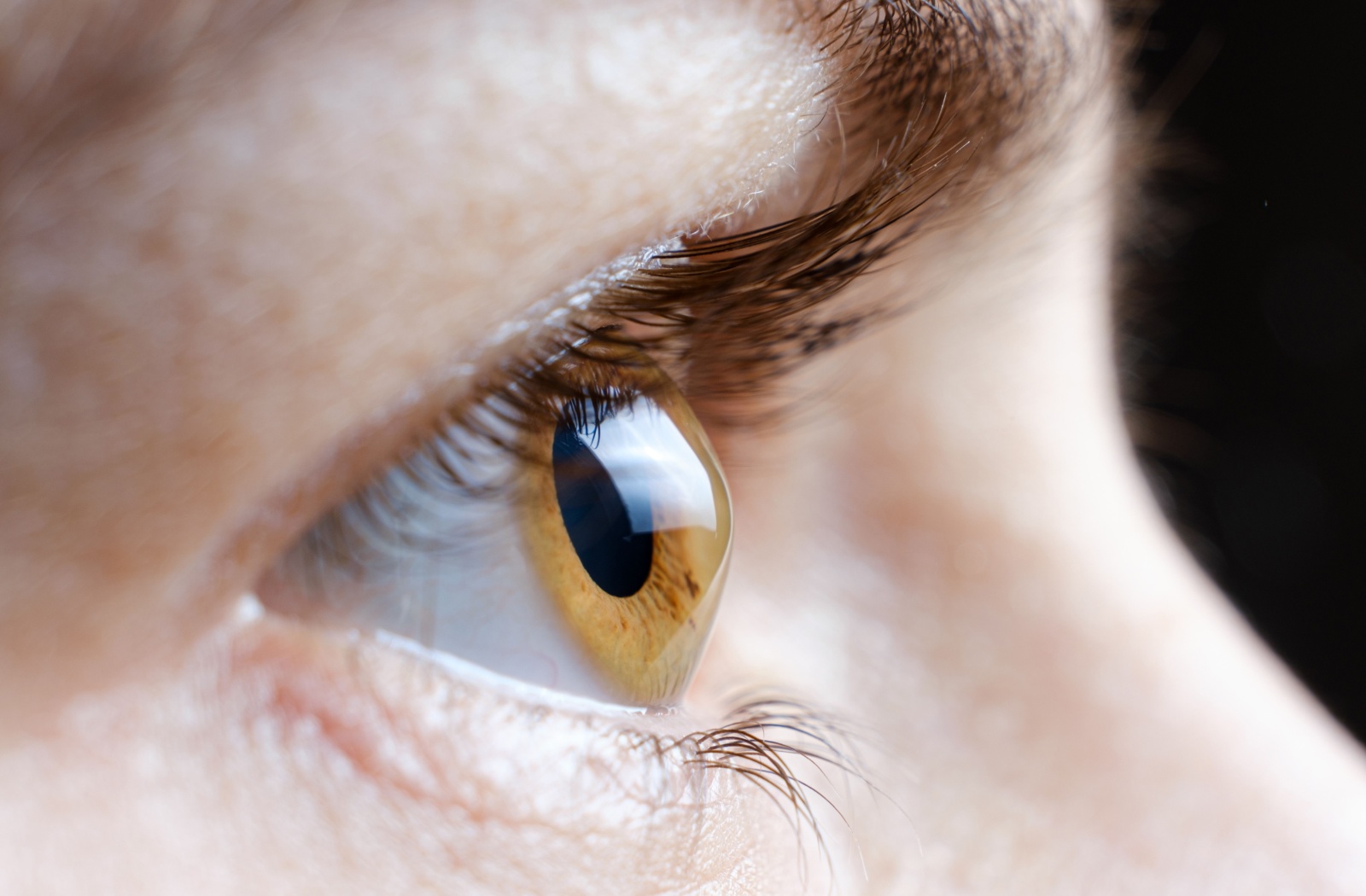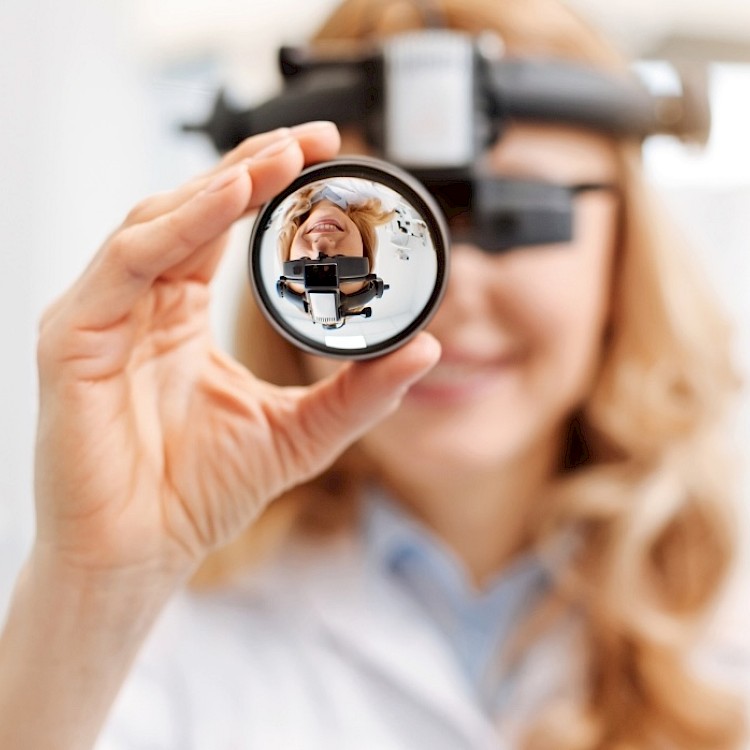All Categories
Featured

While a lot of individuals recognize the importance of protecting their skin from the sun, the damaging impacts of ultraviolet (UV) rays on eye health frequently go forgotten. Whether you're saturating up the sunlight on a summertime day or strolling outdoors on a cloudy afternoon, securing your eyes from UV rays is crucial.
What Are UV Rays? UV rays are a kind of electromagnetic radiation sent out by the sunlight. They are classified right into 3 types:
UVA Rays: These penetrate deep right into the skin and eyes and can contribute to long-term damages. UVB Rays: These rays are extra extreme than UVA and are primarily in charge of surface-level damage to the eyes and skin. UVC Rays: These are one of the most unsafe yet are primarily taken in by the Planet's ozone layer and don't usually reach us. UVA and UVB rays are the key perpetrators behind eye-related damages.
Short-Term Impacts of UV Exposure on the Eyes. Even short-term direct exposure to extreme UV rays can hurt your eyes. One common problem created by this is photokeratitis, or "sunburn of the eye." Signs of photokeratitis consist of:
Uncomfortable, red eyes. Level of sensitivity to light. Tearing or excessive watering. Temporary vision loss or blurry vision. Photokeratitis is typically short-lived, but it works as a warning of just how destructive UV direct exposure can be, even in little doses.
Long-Term Effects of UV Exposure. Extended exposure to UV radiation can result in more significant and long-term eye problems, such as:
Cataracts: UV rays can accelerate the development of cataracts, a problem that creates clouding of the eye's all-natural lens, resulting in fuzzy vision and, if unattended, blindness.

Macular Degeneration: UV direct exposure can harm the retina, specifically the macula, increasing the danger of age-related macular degeneration (AMD), which impacts main vision.
Pterygium: A growth of cells on the white part of the eye that can prolong over the cornea, causing discomfort, soreness, and vision issues.
Pinguecula: UV exposure can create yellow-colored down payments to base on the conjunctiva, resulting in inflammation and dry skin.
Skin Cancer Cells Around the Eyes: The delicate skin bordering your eyes is highly susceptible to UV radiation, increasing the threat of skin cancers like basal cell cancer and squamous cell carcinoma.
How to Safeguard Your Eyes from UV Rays. Securing your eyes from UV rays is easy and requires a couple of conscious behaviors:
Buy Top Quality Sun glasses: Pick sunglasses that block 100% of UVA and UVB rays. Seek tags that define "UV 400" defense. Wrap-around designs are optimal as they block UV rays from the sides also.
Wear a Wide-Brimmed Hat: A hat with a border at least three inches broad can substantially decrease UV direct exposure to your eyes and face.
Limitation Exposure Throughout Height Hours: UV rays are strongest in between 10 a.m. and 4 p.m. If you need to be outdoors during these hours, ensure you're adequately protected.
Don't Be Fooled by Clouds: UV rays can permeate via clouds, so it's vital to put on sunglasses also on overcast days.
Protect Your Eyes Year-Round: Snow, sand, and water can mirror UV rays, heightening their effects. Eye security isn't just for bright summer days-- ensure you're covered in all periods.
Usage UV-Blocking Contact Lenses: Many call lenses now feature UV defense. If you wear contacts, ask your eye physician regarding lenses with integrated UV filters for added security.
Motivate Eye Defense for Kid: Kid's eyes are extra sensitive to UV rays because their lenses are more clear, enabling more radiation to reach the retina. See to it they put on sunglasses and hats during exterior tasks.
Normal Eye Exams. Normal exams with an eye treatment specialist are vital for very early discovery of any type of UV-related damages. An eye doctor or ophthalmologist can examine your eyes, recommend safety procedures, and spot conditions like cataracts or macular deterioration early on.
Conclusion. By using UV-blocking sunglasses, limiting sunlight direct exposure during peak hours, and staying constant with eye tests, you can ensure your eyes remain healthy and your vision remains clear for years to come. Protecting your eyes from UV radiation isn't simply about comfort-- it's a vital step in maintaining your lasting eye health.
Latest Posts
Learn How to Cut Costs on Car Maintenance with Montclare Auto Repair’s Limited-Time Deals
Uncover Save Big on Car Maintenance with Montclare Auto Repair’s Exclusive Deals
Experience Your Financial Partner at WyHy – Top Perks for Your Future
More
Latest Posts
Learn How to Cut Costs on Car Maintenance with Montclare Auto Repair’s Limited-Time Deals
Uncover Save Big on Car Maintenance with Montclare Auto Repair’s Exclusive Deals
Experience Your Financial Partner at WyHy – Top Perks for Your Future